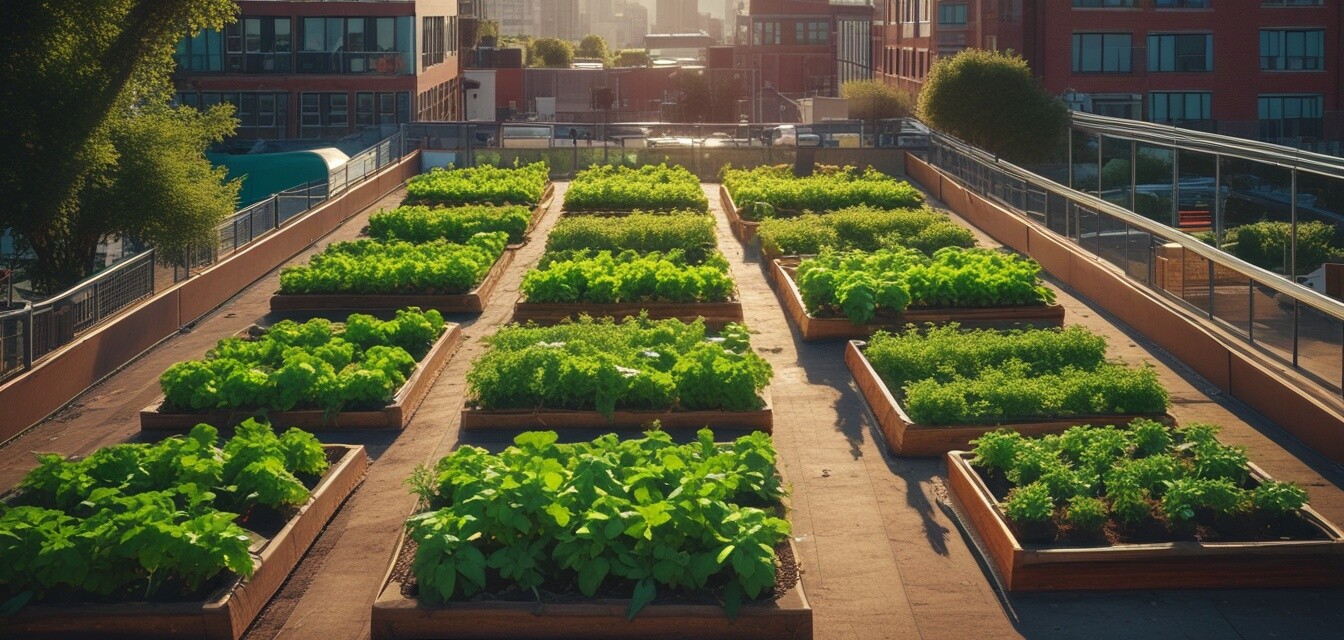
Community Hydroponics: Building Local Food Systems
Key Takeaways
- Community hydroponics initiatives enhance local food systems.
- These projects improve food accessibility in urban areas.
- Community involvement fosters engagement and education.
- Hydroponics is a sustainable solution for urban agriculture.
- Collaborative efforts can lead to innovative farming practices.
In recent years, community hydroponics initiatives have been reshaping the way we think about food systems. As urban populations grow, the need for sustainable and accessible food sources has become more critical. This article analyzes how community hydroponics is paving the way for innovative solutions that enhance local food systems, foster community engagement, and improve food accessibility.
Understanding community hydroponics
Community hydroponics involves the cultivation of plants in nutrient-rich water solutions, allowing for efficient food production without soil. This method is highly advantageous in urban settings where space is limited and soil quality may be poor. Community hydroponics initiatives often prioritize local involvement and collaboration, transforming neighborhoods into thriving food hubs.
Benefits of community hydroponics
| Benefit | Description |
|---|---|
| Food Accessibility | Community hydroponics projects provide fresh produce to neighborhoods with limited access to grocery stores. |
| Sustainability | This method uses less water than traditional farming and reduces carbon footprints associated with food transportation. |
| Education | Engaging community members through workshops and hands-on experiences increases knowledge about sustainable practices. |
| Community Engagement | These initiatives encourage community members to work together, strengthening social ties and promoting a sense of pride. |
Examples of successful community hydroponics projects
Several community hydroponics projects have emerged across the globe, highlighting creative approaches to local food systems. Below are three notable examples:
- GreenThumb NYC: A community gardening program in New York City that supports urban gardeners by providing resources and training on hydroponic systems.
- Edible Schoolyard Project: This initiative transforms school environments into gardens using hydroponics, fostering food education for children and adolescents.
- L.A. Urban Farms: A project focusing on rooftop hydroponics in Los Angeles, its success has inspired similar projects in urban areas with limited space.
Challenges in community hydroponics
While community hydroponics initiatives have many benefits, they also face challenges:
Pros
- Provides fresh produce in food deserts.
- Promotes environmental sustainability.
- Encourages local employment and skill development.
Cons
- Initial setup costs can be high.
- Requires ongoing maintenance and management.
- Limited knowledge among community members can hinder project success.
Future of community hydroponics
The future of community hydroponics is optimistic, as more cities recognize the importance of local food systems in addressing various social and economic challenges. Continued support and funding for such initiatives can lead to:
- Expanded access to urban gardening programs.
- Innovative partnerships between local governments and community organizations.
- Increased research and development in hydroponic technologies.
- Greater public awareness about the benefits of sustainable food practices.
Conclusion
Community hydroponics is a transformative force in building local food systems. By improving food accessibility, promoting sustainability, and fostering community engagement, these initiatives play a vital role in shaping the future of urban agriculture. As more people get involved in community hydroponics, we can expect innovative solutions that address the challenges of food production in our increasingly urbanized world.
For more detailed guides on hydroponics, check out our Buying Guides. Additionally, stay updated on the latest News and Trends in hydroponics.

